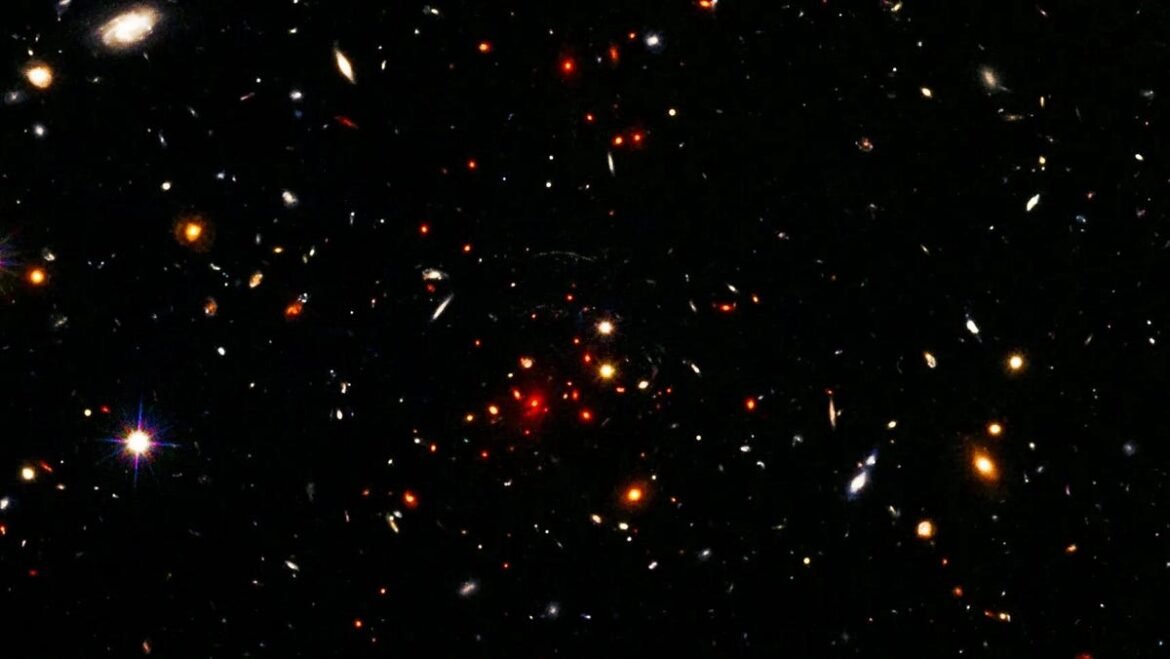An in-depth interview with astronomer Kelsey Johnson, whose new book, Into the Unknown, explores what remains unknown about the Universe.
When it comes to understanding the entire Universe, there are impressive lists one can make about both what we do and what we don’t yet understand, at least, in a provisional sense. Modern science, particularly with a view to the theoretical and experimental/observational advances of the 20th and 21st century, has made sense of an enormous number of details in our cosmic past. We understand that:
- our Universe is expanding,
- that it can trace its history back to a hotter, denser, more uniform past,
- with the earliest phases describable by a hot Big Bang,
- which itself was preceded by a phase of cosmic inflation,
and that all that we see and experience today — stars, galaxies, planets, moons, the cosmic web, and even life itself — having arisen in the aftermath of these impressive events in our shared history.
As impressive as these cosmic “knowns” are, there remains much to still explain. Why do the fundamental constants have the values that they do, and are there any…

